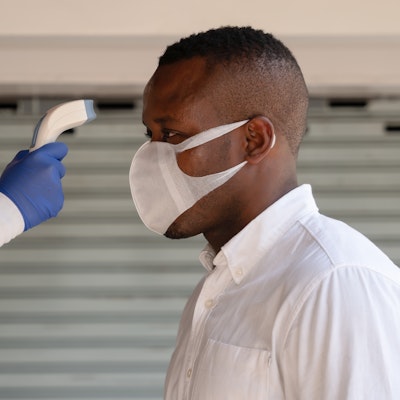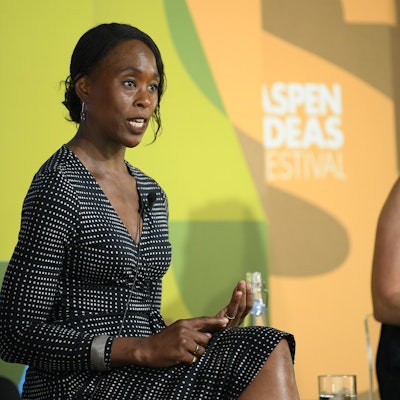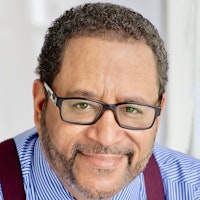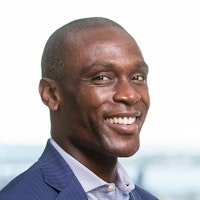
It really is up to us to make this a moment that we capitalize on.
Show Notes
Across the United States, from rural areas to cities and suburbs, people have been hitting the streets to protest racism and police brutality. How is the national fervor around anti-racism different than in the past when people rallied following the death of Trayvon Martin in 2012, or when Civil Rights protestors called for an end to segregation in the 1960s? Alicia Garza, co-creator of #BlackLivesMatter, says she hopes it’s a moment of change when institutions, like police departments, examine their practices, and communities take a close look at rules and roles that disenfranchise Black people. She speaks with Michael Eric Dyson, sociology professor at Georgetown University, and Eugene Scott, political reporter at The Washington Post, about fighting racial oppression in America. The views and opinions of the speakers in the podcast do not necessarily reflect those of the Aspen Institute.
Explore
Related episodes


Black people are 3.5 times more likely to die of the coronavirus than white people. Why is this?


The coronavirus crisis is impacting poor, low-income, and people of color disproportionately.


Today race is a more prominent and intransigent problem than ever.


Bryan Stevenson, founder and director of the Equal Justice Initiative, speaks with Harvard President Drew Gilpin Faust about his organization’s efforts to build a museum examining the legacy of slavery, racial terrorism, segregation, and police violence.


Hear from Margot Lee Shetterly and Chimamanda Ngozi Adichie, two award-winning authors.









